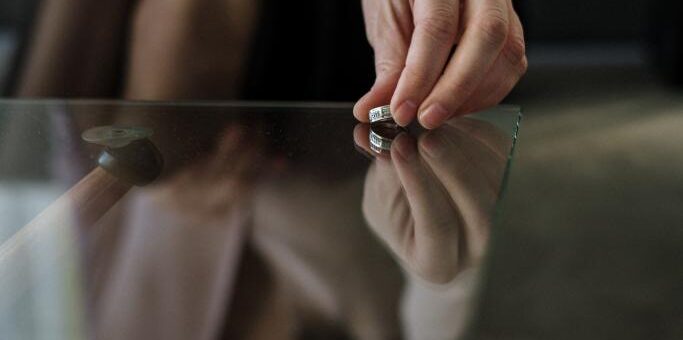Almost all divorce cases that feature prominently in the press are of the so-called ‘big money’ variety. As a family judge’s ruling showed, however, for every one of those there are a legion of much smaller, and sadder, cases where a former couple’s modest assets are dwarfed by their debts.
The case concerned a couple with two young children whose marriage lasted about five years. Their sole available asset was equity of £20,000 in the former matrimonial home and an investment property. Against that, they had run up about £30,000 in hard debts to credit card providers and others and soft debts of about £8,000 to family members.
In the course of disputes over money and care arrangements for their children, they had between them incurred £60,000 in legal costs. Although both were legally aided, those costs could ultimately be charged against any money or assets they succeeded in recovering from the wreckage of their marriage.
Ruling on the matter, the judge noted that fine points concerning sharing, provision for needs, income budgets, mixing of non-marital assets and distinctive contributions made by one spouse or the other are much debated in big money cases. However, such issues fall by the wayside in the very large number of unreported cases where debts and legal costs exceed a former couple’s assets. In such cases, only bad or less than satisfactory outcomes are possible and family judges are, in effect, called upon to provide a quasi-debt counselling service.
The judge noted that the husband’s earning capacity was limited by severe asthma and injuries sustained in an industrial accident. His income, including state benefits, came to about £20,000 a year. The wife, who lived with her boyfriend in a rented home, worked as a care assistant and her income, with benefits, was about £30,000 a year. Their children spent good time with each of them and needed accommodation.
Doing his best to achieve a clean financial break between them, the judge ruled that the husband should retain the former matrimonial home, in which only £2,500 in equity remained. Of the £17,500 equity in the investment property, which would almost certainly have to be sold, he ruled that the wife should have a lump sum of £4,000. The way in which the legal aid charge would bite on their remaining money and assets remained to be seen and the judge could otherwise do no more than leave them to negotiate with their creditors.
